I like to think of our classrooms, schools and communities as these proverbial ‘villages’, don’t you? To put the whole business of a child’s literacy development in one place – well, that’s a lot of pressure! Let’s be honest. We all have our roles to play. Circumstances, training, personalities and other factors help us work together to round out the literacy development team. These little people in our lives can only benefit!
Parents and Guardians
Parents are a child’s first teacher. Literacy learning begins with the sounds heard in utero, body language and speech exchanges that become real conversation throughout the toddler years, listening to and participating in read-alouds, songs, nursery rhymes and more. Parents (and older siblings) are the first models for reading habits and attitudes. In it for the long haul, parents are the cheerleaders and the audience for our early readers!
Here’s a free handout explaining familiar reading and how to keep reading homework fun!
The Teachers
We are the ones assessing the literacy skills of our students, planning lessons to build upon them; teaching and modeling reading strategies, and introducing and guiding our students through the first read of their guided reading books.
We also reinforce and model reading habits and attitudes.
Do you have reading logs for your students? Here’s free sample of the reading log I use to encourage enthusiasm, good reading habits and home / school sharing.
Volunteers
If you’ve been teaching for more than a decade, you may remember the days of plentiful parent volunteers. Perhaps you may be lucky enough to be in a community where this still exists! Volunteers are great for reading familiar books with kids, doing sight word activities, helping with writing and playing literacy games. (Tip – provide volunteers with p2 of free familiar reading handout – it was originally written for my volunteers!)
Reading Buddies
If you’ve ever been in a classroom of little people awaiting the arrival of their Reading Buddies, you know the impact is priceless. Read about the Benefits of a Reading Buddies Program here.
The Student
Of course the student plays a role! Good readers were all all beginners once, and even as emergent readers, they shared many of these traits:
- an interest in books, stories and reading! Here’s some interesting research about the importance of Reading for Joy.
- the ability to participate in conversations, follow routines and directions, and retell a short sequence of events
- an ability to see themselves as readers.
- the understanding that meaning is in the pictures of the story and concepts about print
- some understanding of letters and words
Do you agree that it takes a village? I would love to hear from FDK teachers and ECEs about the role Early Childhood Educators have in reading and literacy in the classroom to update this post. I have seen many ECEs working with students in literacy centers as I visited classrooms in various schools last year, and so much great learning happening.
Happy reading everyone!
Ida Mae
P.S.
Curious about the photo I used for this post? The student reader page is part of this freebie:
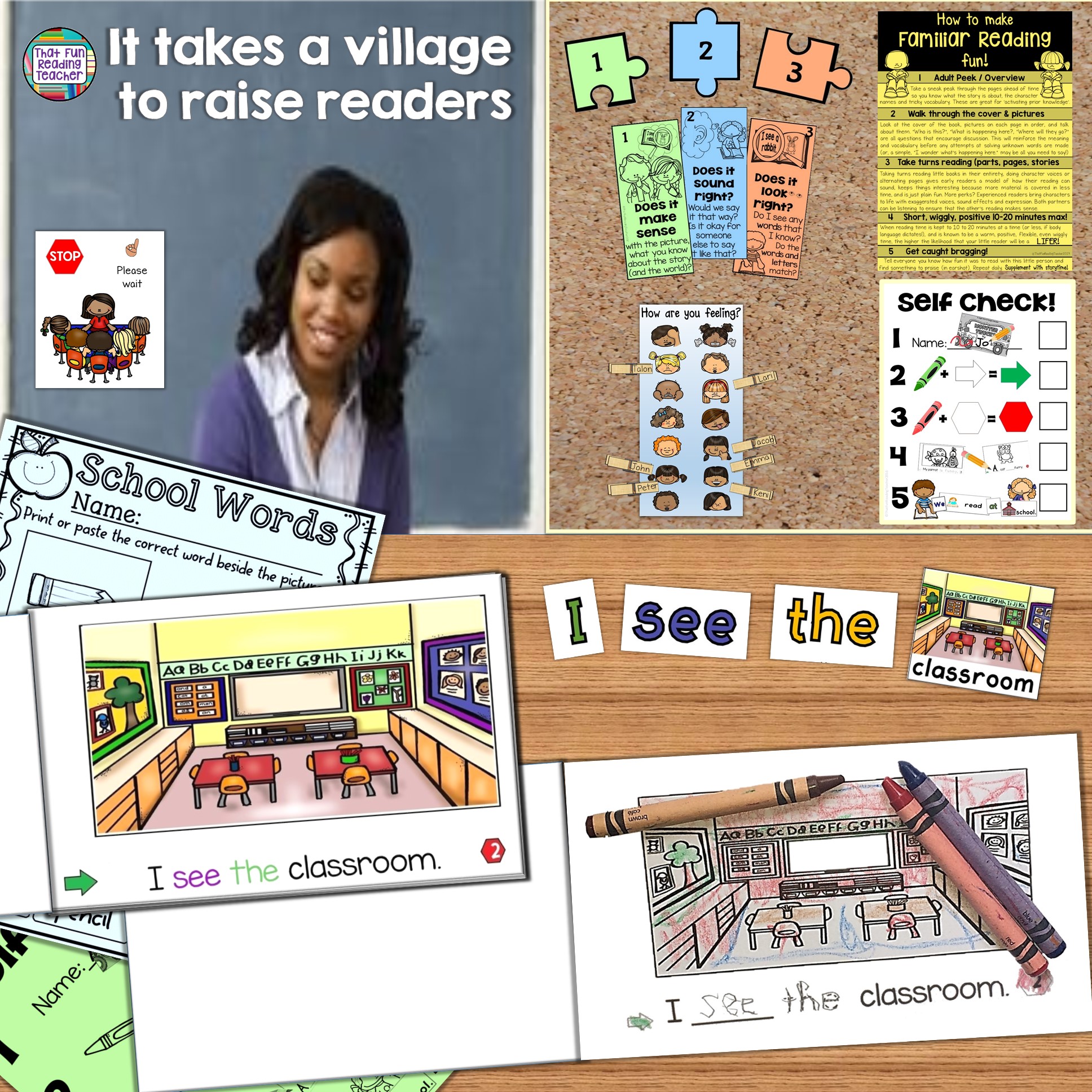
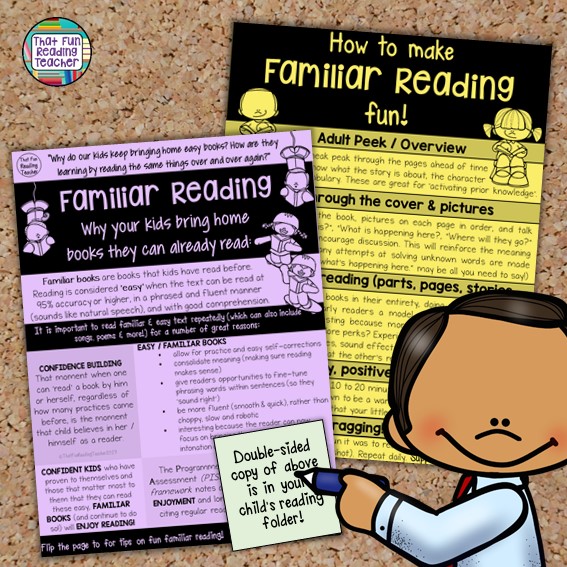
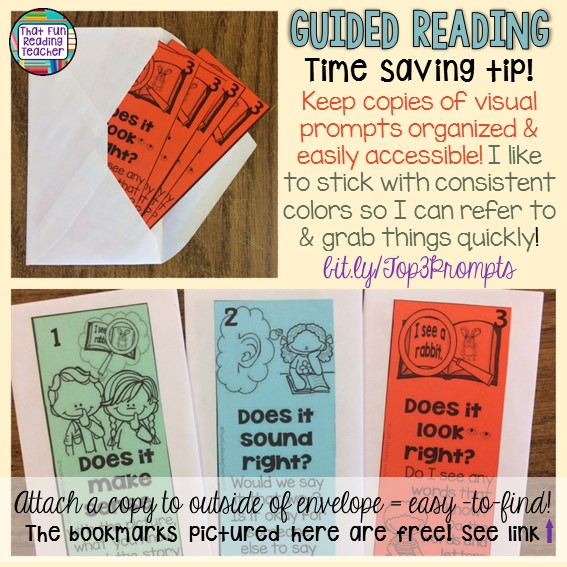
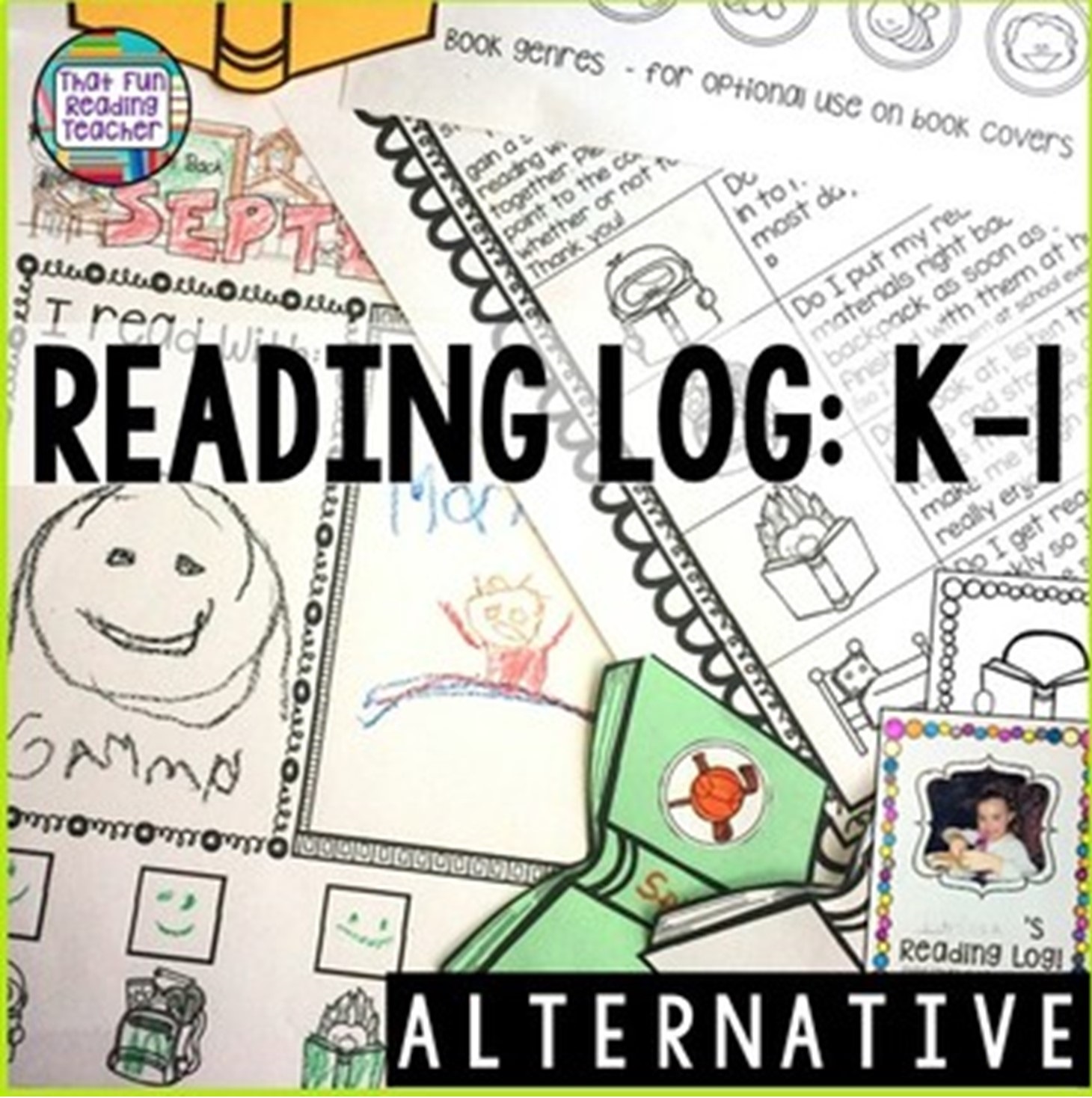
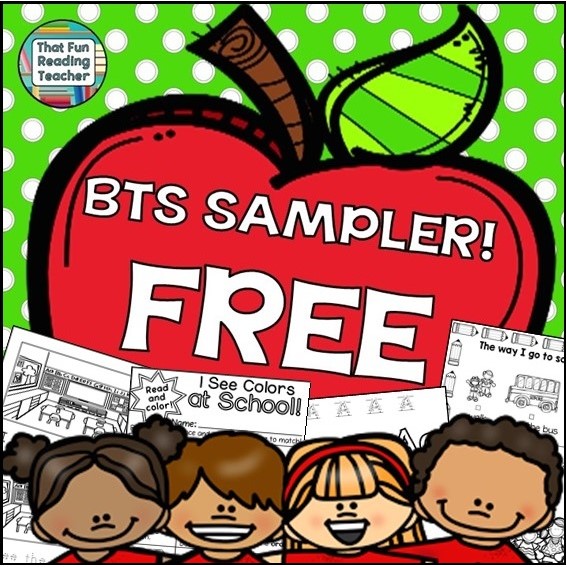
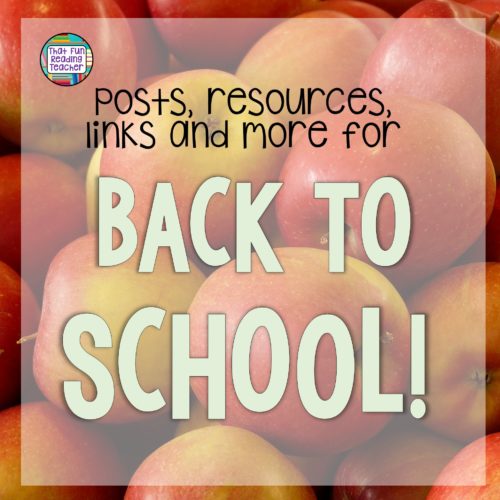
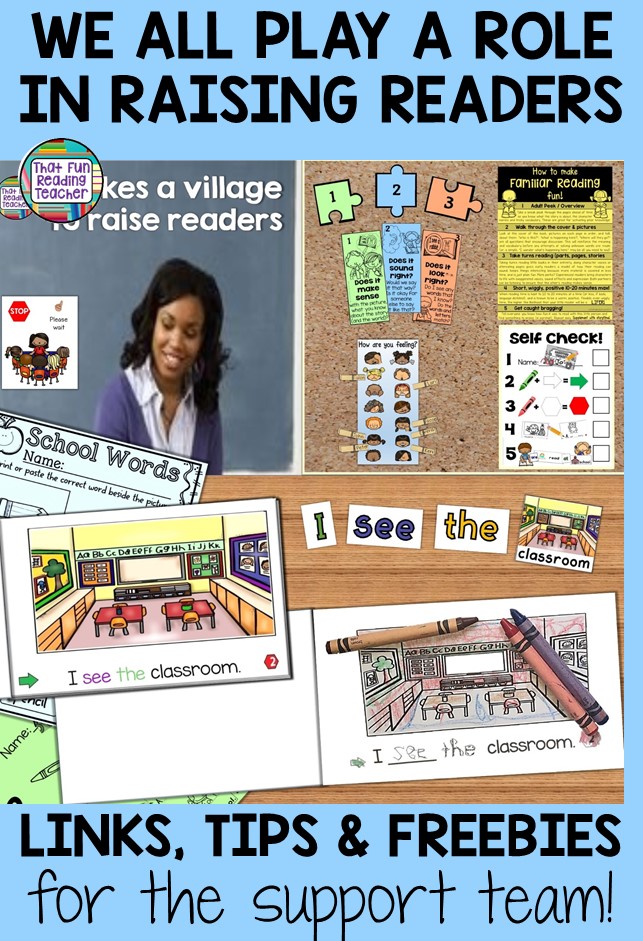
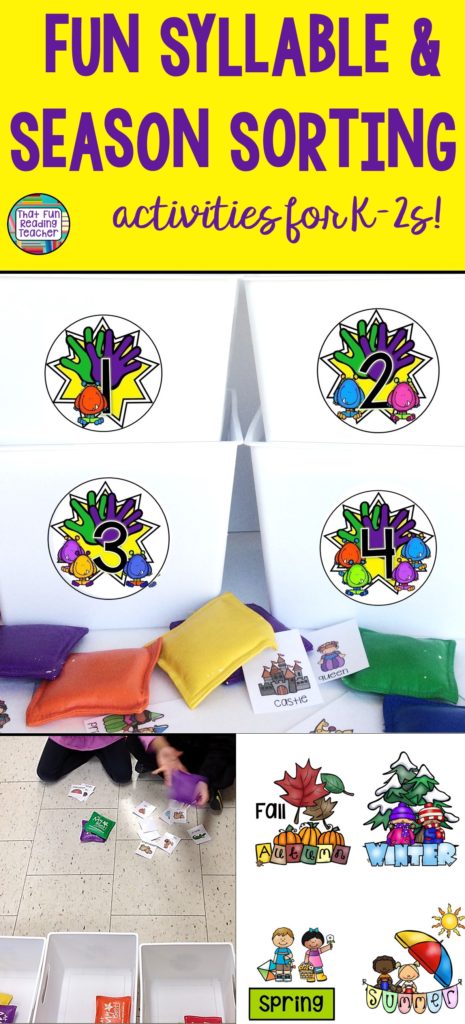



Leave a Reply